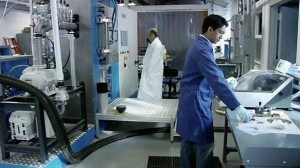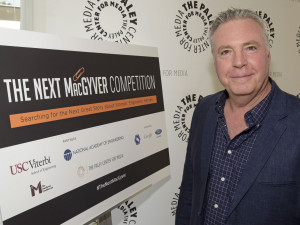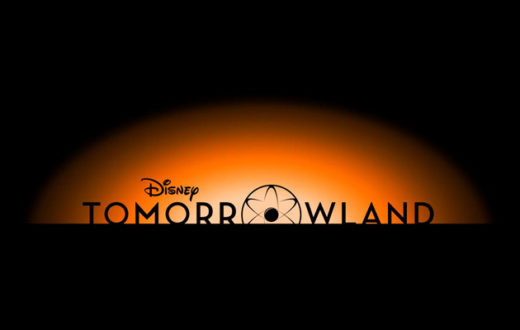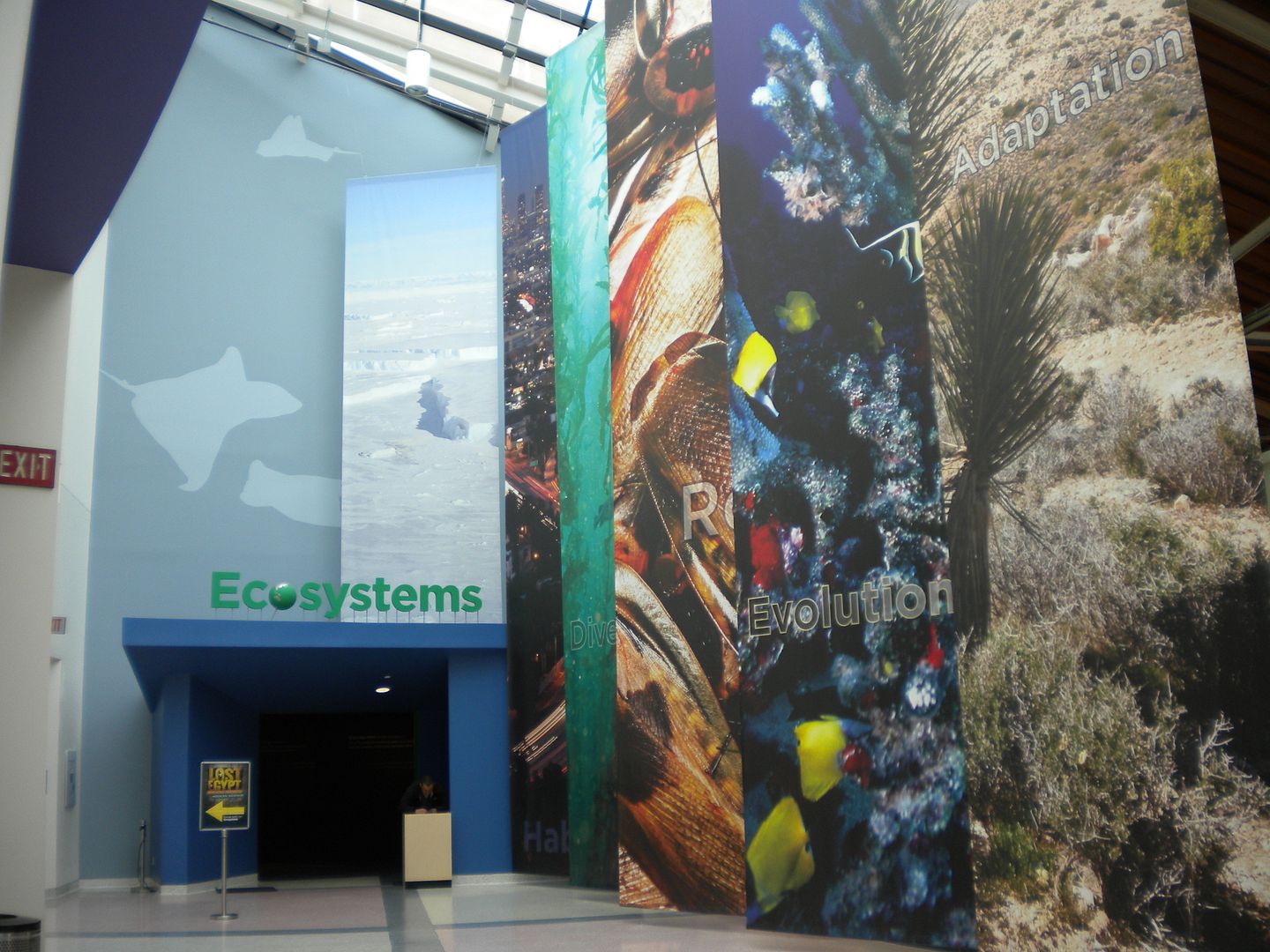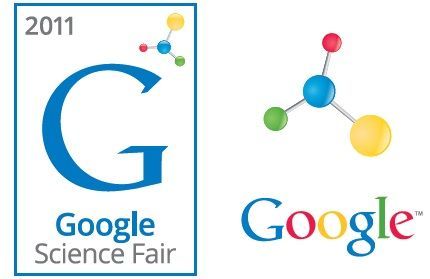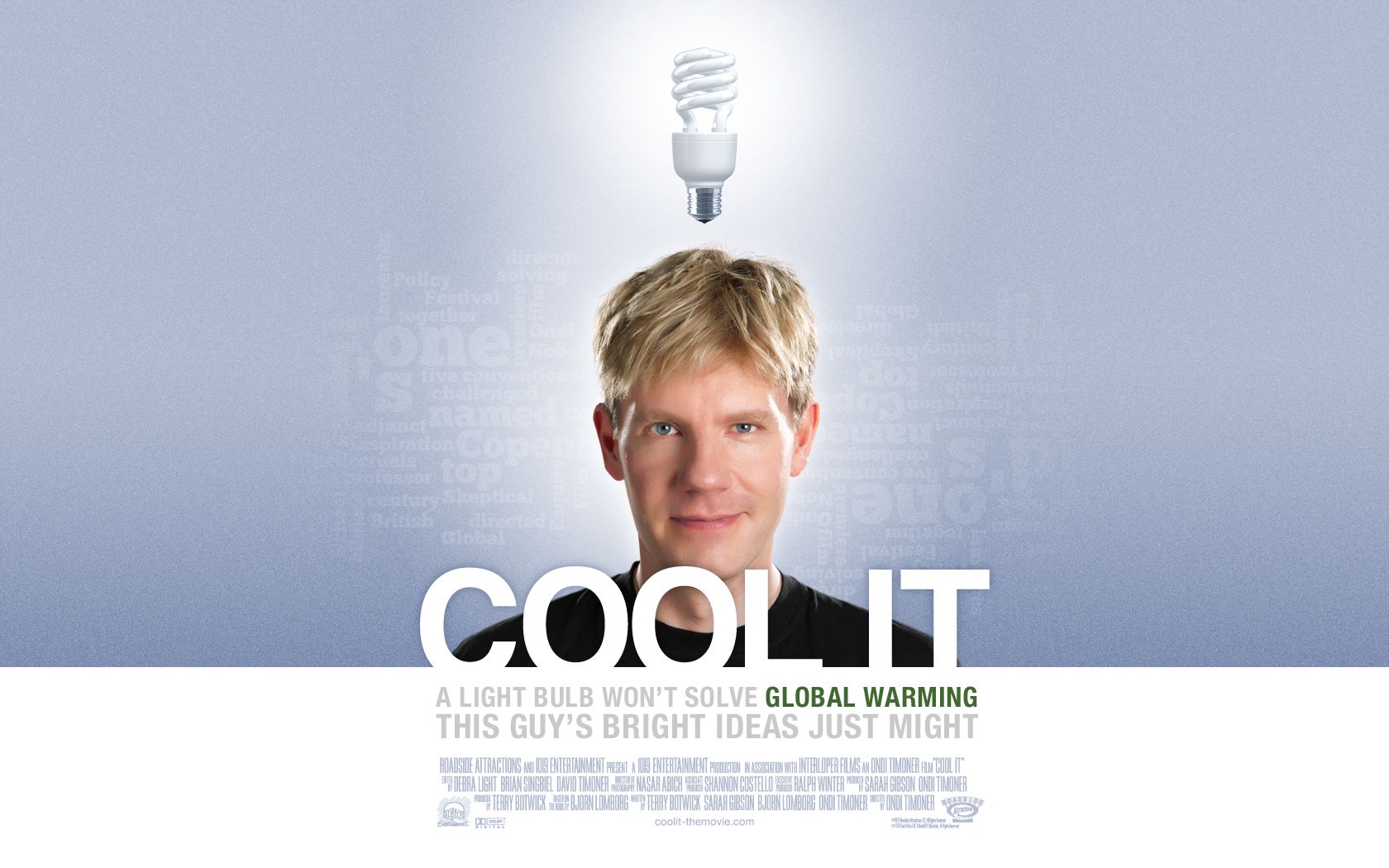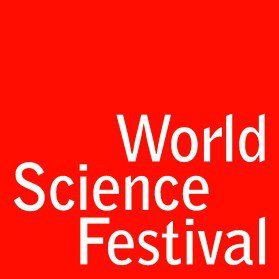
The current scientific landscape can best be thought of as a transitional one. With the proliferation of scientific innovation and the role that technology plays in our lives, along with the demand for more of these breakthroughs, comes the simultaneous challenge of balancing affordable lab space, funding and opportunity for young investigators and inventors to shape their companies and test novel projects. Los Angeles science incubator Lab Launch is trying to simplify the process through a revolutionary, not-for-profit approach that serves as a proof of concept for an eventual interconnected network of “discovery hubs”. Founder Llewelyn Cox sits down with ScriptPhD for an insightful podcast that assesses the current scientific climate, the backdrop that catalyzed Lab Launch, and why alternatives to traditional avenues of research are critical for fueling the 21st Century economy.
Continue reading Podcast: Disrupting Incubator Innovation With “Lab Launch”
